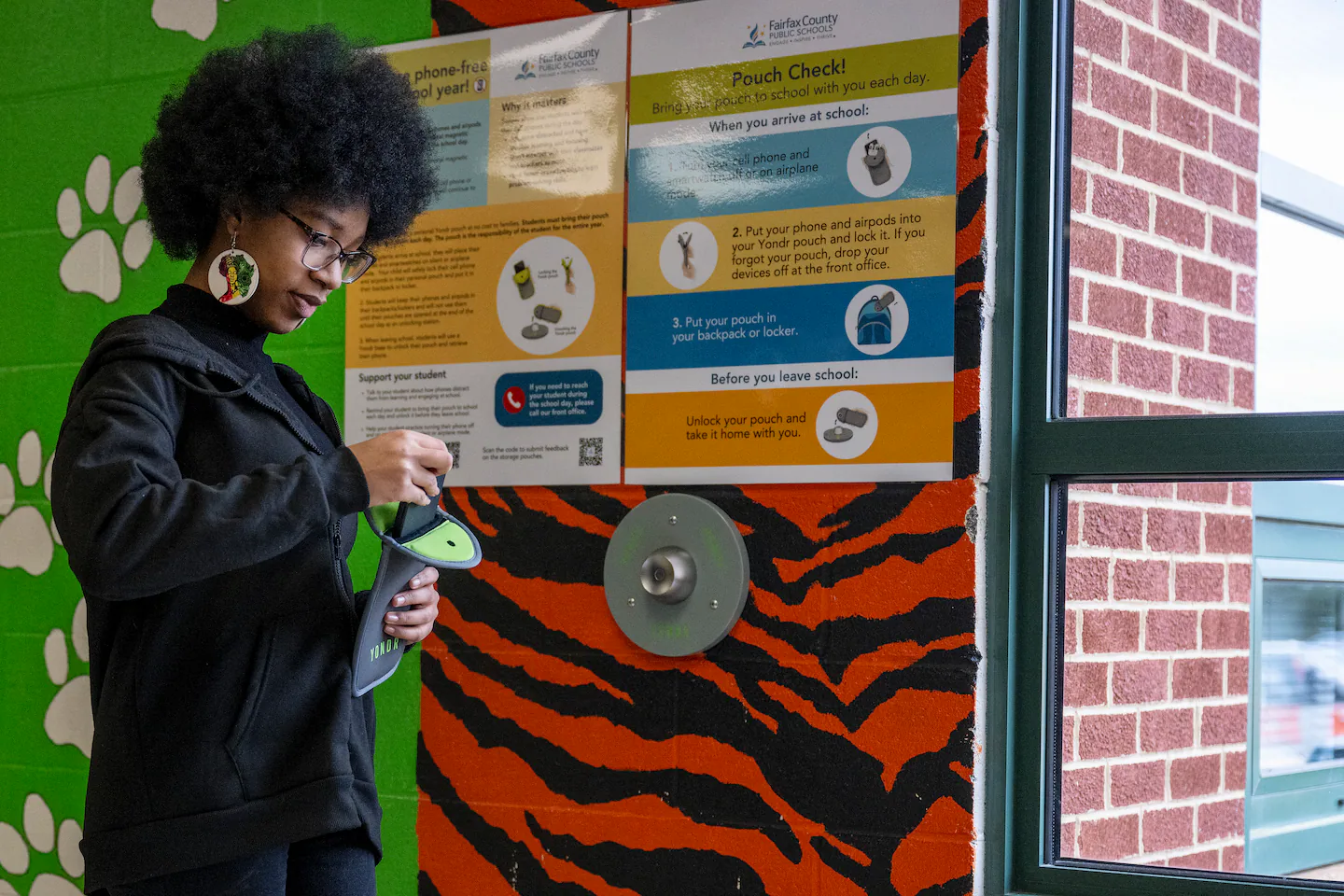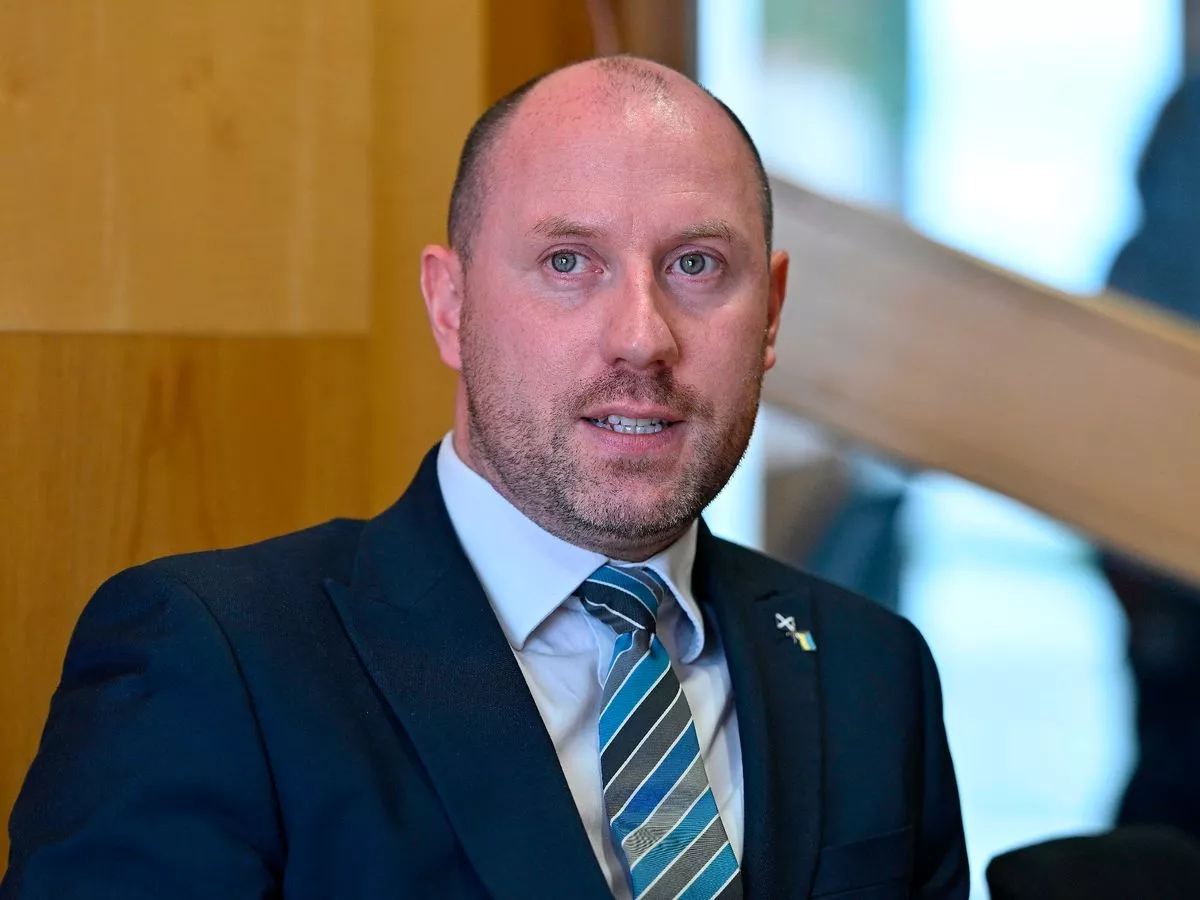Copyright The Boston Globe

A long-running student survey in Western Massachusetts this month revealed the first local data analysis of the effects of cellphone bans in schools. The results are astonishingly clear: Students in districts that enforced bell-to-bell bans immediately reported higher engagement in class. At this point, the prohibition of cellphones may be the most clear-cut school policy choice in the United States. It’s a rare moment when data validates what many can already feel anecdotally: Cellphones are really, really damaging to kids. “Adopting a phone-free schools policy is a more effective intervention than anything we have seen before,” Kat Allen, the coalition coordinator for Communities that Care, the organization that runs the survey, told the editorial board. “In my 20-plus years of working in youth health, I don’t think I’ve ever seen anything as important.” Advertisement The survey has been querying thousands of kids in Franklin County and the North Quabbin region since 2003. The most recent survey measured student engagement through questions about how interesting they found schoolwork, how often they skipped classes, and whether they felt they were doing their best work. The resulting graphs show student engagement spiking perfectly in tandem with policy implementation. With the usual caveat that correlation is not causation, the trends are too stark to ignore. They also make a strong case for follow-through; schools with a cellphone ban on the books but no enforcement saw no difference in student attention. So why isn’t this a statewide standard? Lawmakers are working on it. Legislation mandating cellphone bans flew through the Massachusetts Senate, 38-2, earlier this summer. The measure dictates that all Massachusetts school districts enact cellphone bans by the start of the 2026-2027 school year. The policy gives districts flexibility regarding methods of implementation, creates alternative methods for parents to remain in contact with their children, and offers opt-outs for students with medical equipment. Advertisement Even the Massachusetts Teachers Association, a union that generally supports local control over statewide mandates, supports in-class cellphone bans. But movement in the House has been slow. There are detractors, of course. The surveyed kids didn’t report enjoying the policy themselves — though we would argue that the magnitude of the findings really merits adult intervention. But some adults, especially parents, worry about losing instant access to their children, especially during emergency events. Parents should know that disconnecting kids from phones and social media may be the most important step toward preserving their well-being long term. Data from the survey underscored another intuitive truth: There is an extreme link between social media usage and anxiety, depression, and suicidal thoughts. For every additional hour of daily social media usage, Allen and her colleagues found a 14 percent increased risk of depression, an 11 percent increased risk of anxiety, and an 18 percent increased risk of planning a suicide attempt. Those are numbers that no adult — whether a parent, legislator, or teacher — can afford to ignore. The Legislature should pass a statewide, bell-to-bell cellphone ban in all school districts as soon as possible. Removing phones from students won’t just improve their attention and learning — it will help shield them from the overwhelmingly negative effects of social media use. Classrooms must be a safe haven to nurture students in all aspects of their learning. Increasingly, data show that this mission simply isn’t compatible when cellphones are constantly drawing their attention. Editorials represent the views of the Boston Globe Editorial Board. Follow us @GlobeOpinion.



